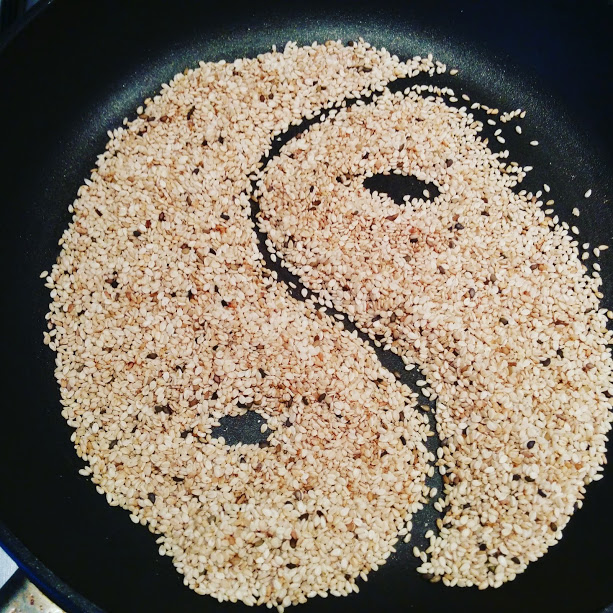It has become increasingly obvious that our exciting modern lifestyle has made us very unhealthy. We are also coming to realize that the technical and chemical medicine developed to treat our health problems is not only often ineffective, but has many drawbacks as well. As a result, a countermovement has arisen out of our discontent, a healing movement loosely termed wholism or holism, which in turn has given us holistic medicine and holistic health.
 A holistic view of the human body recognizes that its function is affected by a variety of factors, both internal and external, such as food, drink, exercise, emotions, stress and so on. It recognizes that disease symptoms express a total condition of the organism. Our individual body parts are all components of an integrated physical being who also exists on social, emotional, and spiritual levels; people are part of families, tribes, societies. In terms of illness, a weakness in the heart expresses a weakness of the other organs; an infection in a finger means a polluted condition throughout; and improved nutrition and a tonifying of the whole body will automatically lead to the healing of many different symptoms. A holistic viewpoint also considers that organ transplants can create strange unforeseen consequences, including weakness in apparently unrelated organs. For example, Dr. Bernard Kornfeld, the first artificial-heart-transplant patient, did fine with his artificial heart-but died of pneumonia. From a holistic viewpoint, the removal of the heart created a general systemic weakness, which manifested itself in the fatal illness.
A holistic view of the human body recognizes that its function is affected by a variety of factors, both internal and external, such as food, drink, exercise, emotions, stress and so on. It recognizes that disease symptoms express a total condition of the organism. Our individual body parts are all components of an integrated physical being who also exists on social, emotional, and spiritual levels; people are part of families, tribes, societies. In terms of illness, a weakness in the heart expresses a weakness of the other organs; an infection in a finger means a polluted condition throughout; and improved nutrition and a tonifying of the whole body will automatically lead to the healing of many different symptoms. A holistic viewpoint also considers that organ transplants can create strange unforeseen consequences, including weakness in apparently unrelated organs. For example, Dr. Bernard Kornfeld, the first artificial-heart-transplant patient, did fine with his artificial heart-but died of pneumonia. From a holistic viewpoint, the removal of the heart created a general systemic weakness, which manifested itself in the fatal illness.
Modern Western medicine is general based of the mechanistic, Newtonian view of the universe. More often than not it treats the organism as if it were a machine, recognizing mostly isolated symptoms, isolated body parts, isolated people. A weakness in the heart must be treated with drugs or surgery, infections are to be stopped with antibiotics, and improved nutrition will mostly mean weight control. Organ transplants, in this view, seem to be a perfectly rational way of dealing with malfunctions, as only the organ itself is considered sick, and the rest of the body is seen as functioning more or less normally. Dr. Kornfeld’s pneumonia, in this viewpoint, was unrelated to the absence of his real heart.
The holistic viewpoint is not a new one. In fact, it has been around since the dawn of history. It, even now, the prevalent philosophy in all societies except our own and those we´ve influenced. But I imply no criticism: western thought has taken a detour through materialism, studying and analysing the components of matter for the past three or four centuries, and has learned an enormous amount of fascinating and useful details about it. Much as holism can fail to be useful because of a lack of attention to detail, so materialism has its dangers of near-sightedness, of missing the forest for the trees. We now live in a time when the realistic insights of holism can be supported and validated by scientific studies; conversely, scientific analysis can be validated by its relevance in the context of daily experience. The time has come, undoubtedly, for a synthesis, for making whole-for healing.
True healing begins with awareness; awareness of self, first of all, to discover how we function. With awareness comes responsibility. We are the cause of our illness and can therefore be actively responsible for our own healing. True healing is not just getting rid of a headache-we can do that very simply with aspirin. It means discovering why we have a headache in the first place, how to disperse it without causing harm elsewhere-aspirin cures the headache and hurts the stomach, and exchange that has its drawbacks-and how to avoid headaches in the future.
Source: Anne Marie Colbin – Food and Healing








